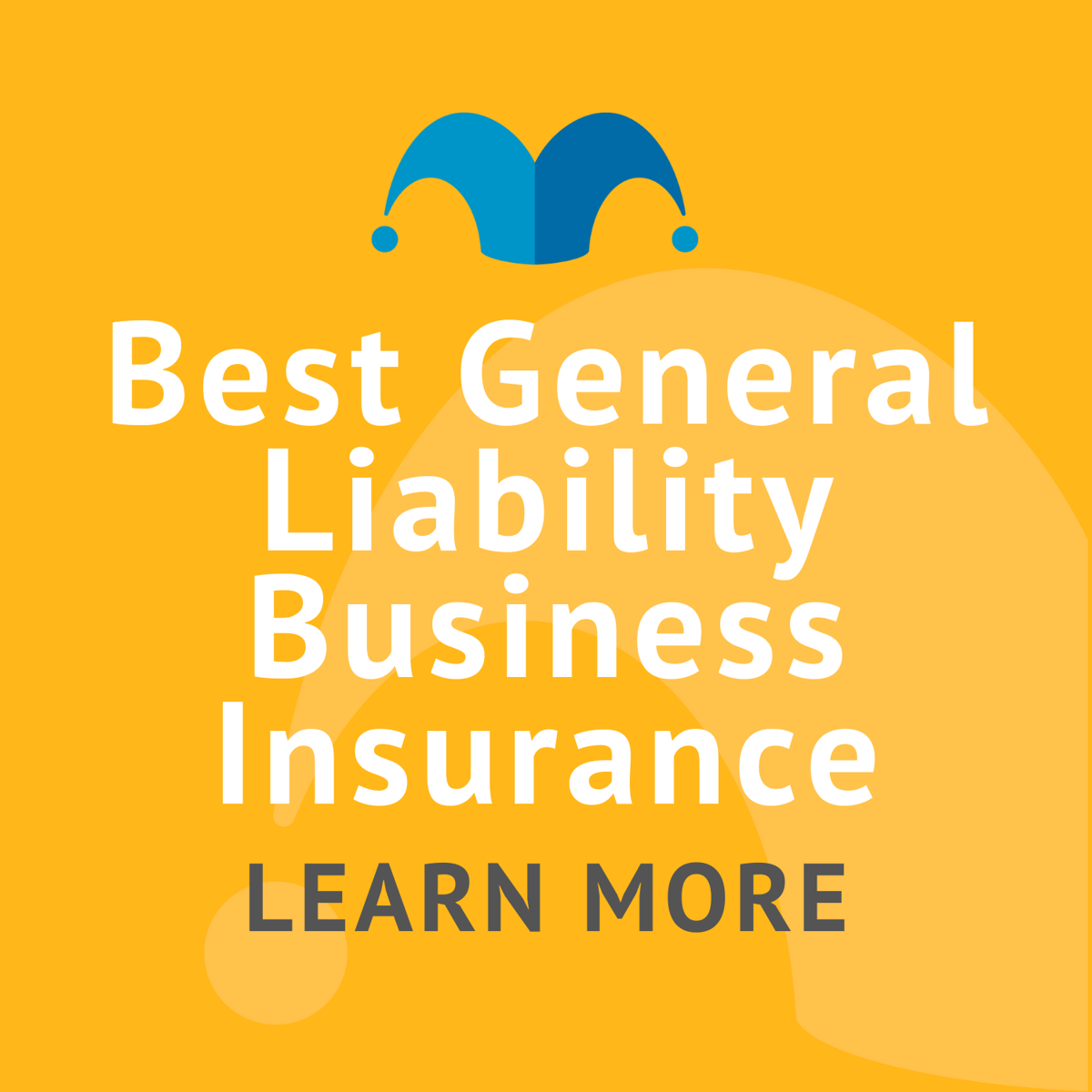Comprehensive general liability insurance for small business sets the stage for this enthralling narrative, offering readers a glimpse into a story that is rich in detail and brimming with originality from the outset. This insurance coverage is crucial for small businesses to protect themselves from various risks and uncertainties.
Overview of Comprehensive General Liability Insurance for Small Businesses
Comprehensive general liability insurance is a type of insurance coverage that protects small businesses from financial losses due to claims of bodily injury, property damage, or personal injury caused by the business operations. This insurance provides coverage for legal defense costs, settlements, and judgments resulting from covered claims.
Define Comprehensive General Liability Insurance
Comprehensive general liability insurance, commonly known as CGL insurance, is designed to protect businesses from a variety of risks that may arise during their operations. It provides coverage for third-party claims of bodily injury, property damage, and personal injury, such as libel or slander.
Importance of Comprehensive General Liability Insurance for Small Businesses
Having comprehensive general liability insurance is crucial for small businesses as it helps protect them from financial losses that could result from lawsuits or claims. Without this coverage, businesses may have to pay for legal fees, settlements, or judgments out of pocket, which could be financially devastating.
Examples of Situations Covered by Comprehensive General Liability Insurance

– A customer slips and falls in your store, resulting in a bodily injury claim.
– Your product causes property damage to a customer’s home.
– A competitor accuses your business of false advertising, leading to a personal injury claim.
Coverage Details
Comprehensive general liability insurance typically covers risks such as bodily injury, property damage, and personal injury caused by the business operations. It also includes coverage for legal defense costs, settlements, and judgments resulting from covered claims.
Types of Risks Covered

- Bodily injury claims
- Property damage claims
- Personal injury claims (libel, slander, false advertising)
Common Claims Covered
- Slip and fall accidents
- Product liability claims
- Advertising injury claims
Exclusions and Limitations
Comprehensive general liability insurance may have exclusions or limitations, such as coverage for intentional acts, professional errors, or pollution-related claims. Small businesses should review their policy carefully to understand what is covered and what is not.
Cost Factors and Considerations
Insurance companies determine premiums for comprehensive general liability insurance based on factors such as the business’s industry, size, location, claims history, and coverage limits. Small businesses can manage costs by implementing risk management strategies, maintaining a safe work environment, and comparing quotes from multiple insurers.
Factors Affecting Cost
- Business industry and operations
- Business size and revenue
- Claims history and risk exposure
Tips for Managing Costs
- Work with an experienced insurance agent
- Implement risk management practices
- Review and update coverage limits regularly
Choosing the Right Coverage: Comprehensive General Liability Insurance For Small Business
When selecting comprehensive general liability insurance coverage, small businesses should compare different options, evaluate coverage limits, and consider their specific risks and exposures. Utilizing online tools or resources can help business owners make informed decisions about their insurance needs.
Comparison of Coverage Options
- Basic coverage vs. enhanced coverage
- Industry-specific endorsements
- Umbrella liability insurance
Evaluating Coverage Limits
It is essential for small businesses to assess their potential liability risks, revenue, and assets to determine appropriate coverage limits that can adequately protect their business in case of a claim.
Claims Process and Handling
In the event of a covered claim, small businesses should follow the steps Artikeld by their insurance provider to file a claim promptly. Effective management of the claims process is crucial to ensure a smooth experience and timely resolution of the claim.
Filing a Claim

- Notify your insurance provider immediately
- Provide all necessary documentation and information
- Cooperate with the claims adjuster
Tips for Claims Handling
- Keep detailed records of the incident
- Respond promptly to any requests from the insurer
- Seek guidance from a legal professional if needed
Ultimate Conclusion
In conclusion, comprehensive general liability insurance is a vital shield for small businesses, providing the necessary coverage and protection against potential liabilities. Understanding the nuances of this insurance can empower business owners to make informed decisions and safeguard their ventures effectively.
Quick FAQs
What does comprehensive general liability insurance cover?
Comprehensive general liability insurance typically covers bodily injury, property damage, advertising injury, and personal injury claims.
How are premiums for comprehensive general liability insurance determined?
Insurance companies determine premiums based on factors like the size of the business, industry risks, coverage limits, and claims history.
Are there any common exclusions in comprehensive general liability insurance?
Exclusions may include intentional acts, professional errors, pollution, and employee injuries covered by workers’ compensation.